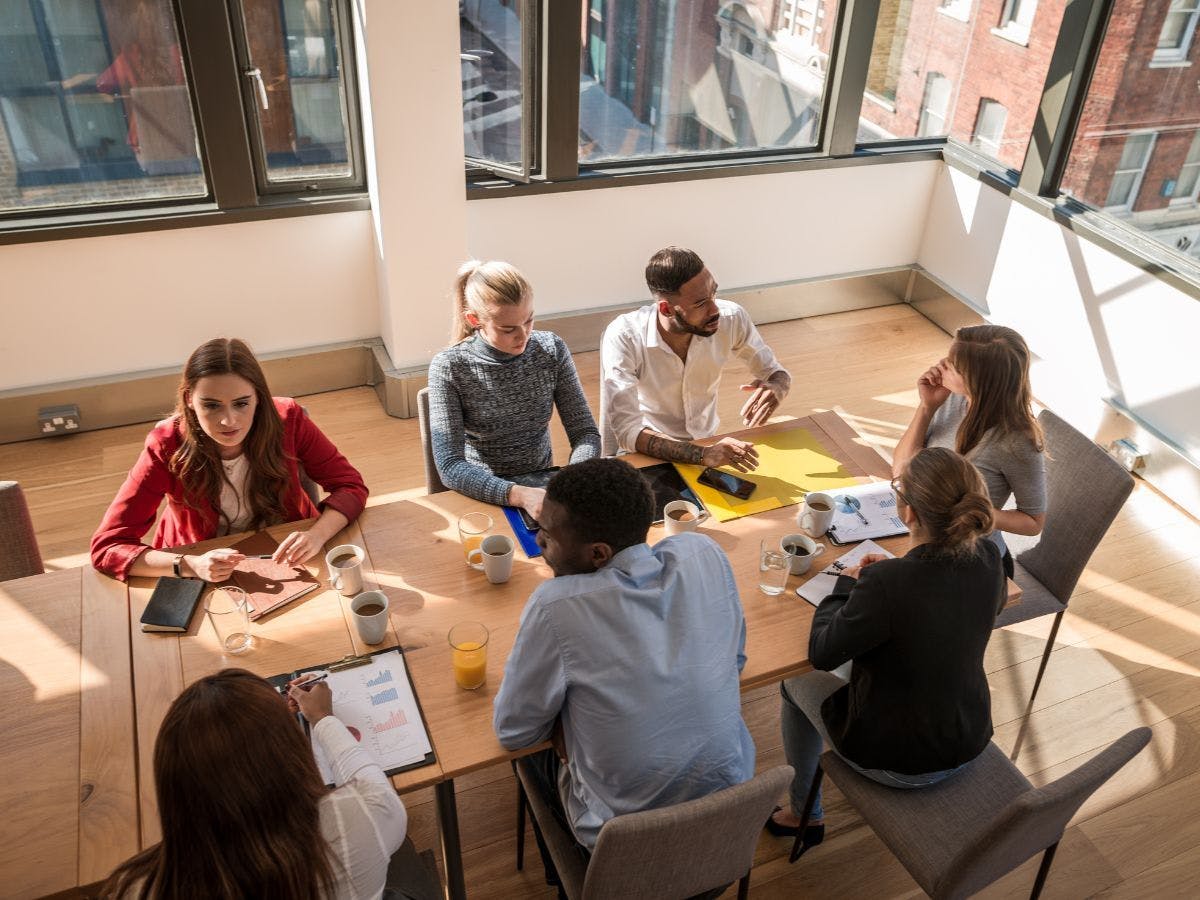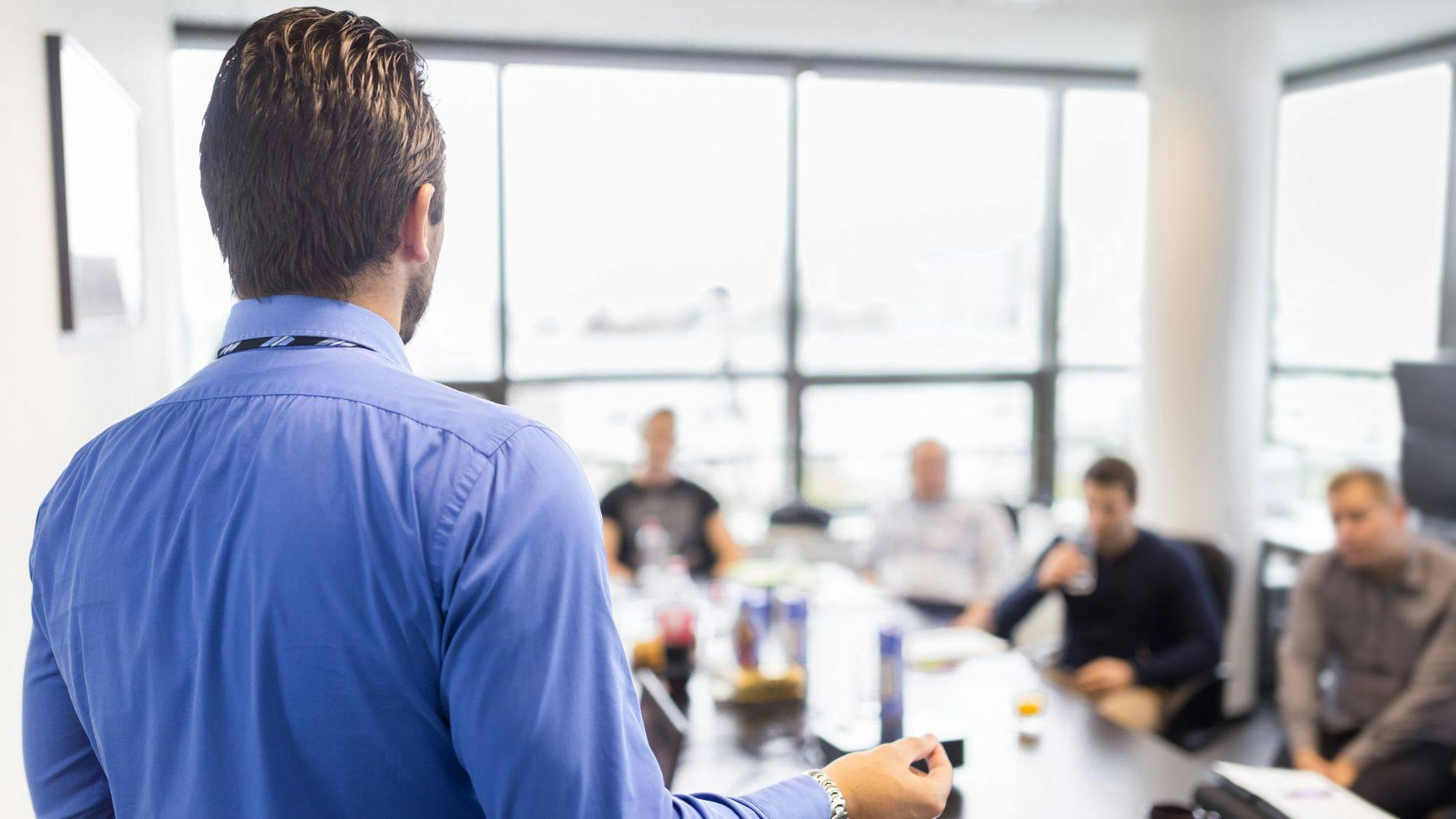- /
- Events/
[Part II] Workshop Events: Unlocking Business Success Through Engagement
V. Engaging Workshop Participants
Engaging workshop participants is essential to create a dynamic and interactive learning environment. Here are some effective strategies to keep your participants actively involved throughout the workshop:
1. Icebreaker Activities
Start your workshop with icebreaker activities to help participants get to know each other and feel more comfortable. Icebreakers can be simple games, short exercises, or group discussions that encourage interaction and create a positive atmosphere.
2. Group Exercises and Discussions
Incorporate group exercises and discussions that promote collaboration and knowledge sharing. Divide participants into smaller groups and assign them tasks or problem-solving activities related to the workshop topic. This not only fosters teamwork but also allows participants to learn from each other's experiences and perspectives.
3. Hands-on Learning
Encourage hands-on learning by providing practical activities or simulations that allow participants to apply the concepts they've learned. This could involve case studies, role plays, or real-life scenarios that challenge participants to think critically and problem-solve.
4. Use Visual Aids and Multimedia
Utilise visual aids such as slides, videos, or infographics to enhance participant engagement and comprehension. Visual elements help break up the monotony of presentations and provide visual cues that support learning and information retention.
5. Incorporate Technology
Leverage technology tools and platforms to enhance participant engagement. For example, you can use online polling or survey tools to gather real-time feedback, interactive quizzes or games to reinforce learning, or virtual collaboration tools to facilitate group activities, even if participants are remote.
6. Encourage Questions and Discussion
Create a safe and open environment where participants feel comfortable asking questions and sharing their thoughts. Encourage active participation by welcoming questions, facilitating discussions, and valuing diverse viewpoints. This fosters a culture of curiosity and promotes deeper learning.
7. Provide Breaks and Energisers
Long workshop sessions can be mentally and physically draining. Incorporate regular breaks and energisers to give participants time to recharge and refocus. Energisers can be brief activities or exercises designed to boost energy levels and maintain participant engagement.

VI. Workshop Facilitation Tips
Effective workshop facilitation is crucial for a successful event. Here are some tips to help you facilitate your workshop with confidence:
1. Be Prepared
Thoroughly familiarise yourself with the workshop content, agenda, and materials beforehand. Prepare your facilitation approach, including how you will guide discussions, manage time, and address any potential challenges or questions that may arise.
2. Create a Positive and Inclusive Atmosphere
Set the tone for a positive and inclusive workshop environment from the start. Foster a safe space where participants feel comfortable expressing their opinions and ideas. Encourage respect, active listening, and open-mindedness among participants.
3. Use Effective Communication Techniques
Clearly communicate instructions, objectives, and expectations throughout the workshop. Use simple and concise language, and vary your communication methods to cater to different learning styles. Active listening is equally important; pay attention to participant feedback, and respond appropriately.
4. Manage Group Dynamics
Monitor and manage group dynamics to ensure everyone has an opportunity to contribute and participate. Be mindful of dominant individuals and encourage quieter participants to share their thoughts. Use facilitation techniques such as round-robin discussions or small group activities to balance participation.
5. Adapt to Participant Needs
Be flexible and adapt your facilitation style to meet the needs of your participants. Gauge their engagement levels, adjust the pace if necessary, and provide additional explanations or examples as required. Remember that every workshop is unique, and being responsive to participants' needs enhances the overall learning experience.
6. Maintain Focus and Time Management
Stay on track with the agenda and ensure that discussions and activities are completed within the allocated time. Be mindful of tangents and steer discussions back to the main topic when needed. Effective time management helps maintain participant engagement and ensures that workshop objectives are met.
7. Summarise and Wrap Up
At the end of each workshop session, summarise key takeaways and insights. This reinforces learning and helps participants consolidate their understanding. Before concluding the workshop, allow time for participants to ask final questions and provide feedback.

VII. Maximising Learning Outcomes
To ensure maximum learning outcomes from your workshop event, consider the following strategies:
1. Set Clear Learning Objectives
Establish clear and measurable learning objectives that align with your workshop's goals. Clearly communicate these objectives to participants at the beginning of the workshop, so they understand what they can expect to achieve by the end.
2. Provide Relevant and Practical Content
Focus on delivering content that is relevant, practical, and applicable to participants' needs. Use real-life examples, case studies, and practical exercises that enable participants to connect the workshop content to their own experiences and challenges.
3. Foster Reflection and Application
Encourage participants to reflect on their learning and consider how they can apply it in their work or personal lives. Provide opportunities for participants to discuss and share their insights, challenges, and action plans with their peers.
4. Offer Post-Workshop Resources
Provide post-workshop resources, such as handouts, reference materials, or online platforms, where participants can access additional information and continue their learning journey. This helps reinforce workshop concepts and allows participants to dive deeper into specific topics.
5. Follow Up and Support
After the workshop, follow up with participants to provide ongoing support and answer any additional questions they may have. This can be done through email newsletters, online forums, or virtual Q&A sessions. Maintaining engagement beyond the workshop builds a sense of community and supports continued learning.
By implementing these strategies, you can ensure that your workshop event creates a lasting impact and generates valuable learning outcomes for your participants.
Stay tuned for Part III, where we'll delve into workshop promotion and registration, as well as strategies to measure the success of your workshop event.
About Victor Chan
Victor Chan is a dedicated researcher in the event planning space, exploring the intricacies of creating memorable experiences. With a focus on innovative strategies and emerging trends, Victor's work contributes to the evolving field of event coordination. He seeks to offer valuable insights and fresh perspectives to enhance the practice of event planning.




